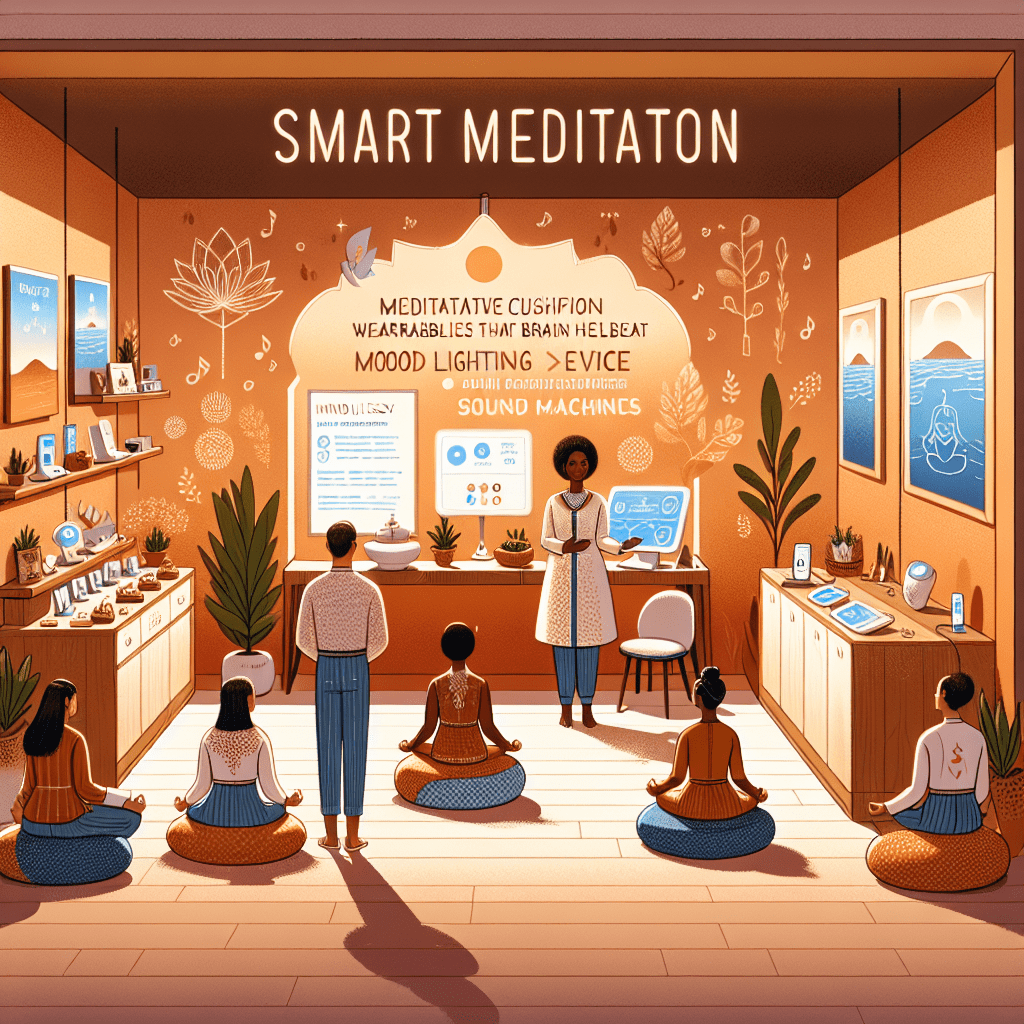
Prioritize your mental well-being daily. Enhance your life by nurturing your mental health with the Smart Meditation app. Break free from stress, alleviate anxiety, and enhance your sleep quality starting today.
Is It My Fault I Have Social Anxiety?
Unraveling the Mystery of Social Anxiety
Social anxiety—it’s like that uninvited guest at your party who decides to stick around way longer than welcome. Popping up at the most inopportune times, it can turn a simple outing into a nerve-wracking experience. But here’s the million-dollar question: Is it really your fault that you’re saddled with this pesky condition? Sit tight as we demystify the enigmatic world of social anxiety, a journey that promises to be as enlightening as it is liberating.
Origins of Social Anxiety: A Tangled Web
Before you start playing the blame game with yourself, let’s get one thing straight—social anxiety isn’t a result of a single factor. Instead, it’s like a jigsaw puzzle where various pieces come together in a complex interplay of genetics, environmental factors, and personal experiences. Ah, the plot thickens, doesn’t it?
Genetics: The Ancestral Hand-Me-Down
Ever noticed how some families share traits like a penchant for storytelling, a love for spicy food, or even the way they laugh? Well, it turns out, social anxiety might also be queuing up in that family line, waiting to be handed down. Studies suggest that if your family tree has members who’ve wrestled with this or similar issues, you might find yourself in the ring with social anxiety due to your genetic inheritance. But before you start eyeing your family gatherings with suspicion, remember—genes aren’t destiny. They merely load the gun; it’s the environment that pulls the trigger.
Environment: When Life Gives You Lemons…
Ah, the environments we navigate! From the nurturing (or lack thereof) we receive in our early years to our social experiences and culture, it all plays a significant role in shaping our social anxiety narrative. Bullying, overprotective parenting, or even excessively critical environments can serve as catalysts, propelling someone toward social anxiety. The environment shapes, molds, and, in some instances, amplifies the genetic predisposition, making it a key player in this saga.
Personal Experiences: The Plot Twists
And then, there are the unique, personal experiences that etch themselves into our being. That horrifyingly embarrassing moment in fifth grade, the time you stumbled over your words during a presentation, or when you felt invisible in a room full of people—these moments can leave a mark, strengthening the roots of social anxiety. It’s these plot twists in our life story that can make social anxiety seem like a relentless shadow.
So, Whose Fault Is It Anyway?
And now, for the moment of truth. Drumroll, please… If you’ve been shouldering the blame, it’s time to lay down that burden. Social anxiety isn’t about fault or blame; it’s about a complex interplay of factors, many of which are beyond your control. The good news? Understanding its multifaceted nature is the first step toward reclaiming your narrative.
Flipping the Script: Empowerment Awaits
Recognizing that you’re not at fault for your social anxiety might feel like a weight being lifted off your shoulders. But, what’s next? Here are a couple of empowering steps you can take:
- Seek Knowledge: Arm yourself with information. Understanding the beast makes it less scary and more manageable.
- Professional Guidance: There’s strength in seeking help. Therapists, counselors, and support groups can offer tools and strategies to manage and overcome social anxiety.
- Self-Compassion: Be kind to yourself. Celebrate small victories and understand that progress is a journey, not a race.
- Healthy Habits: Engage in activities that bolster your mental health—regular exercise, mindfulness practices, and a nutritious diet can work wonders.
The Takeaway
Is it your fault that you have social anxiety? Absolutely not. It’s a complex condition with a myriad of contributing factors. But while you may not have chosen this path, you have the power to shape the journey from here on out. Armed with understanding, support, and self-compassion, the road ahead can lead to a place of empowerment and, ultimately, peace with the social world around you. Now, that’s a destination worth striving for.





